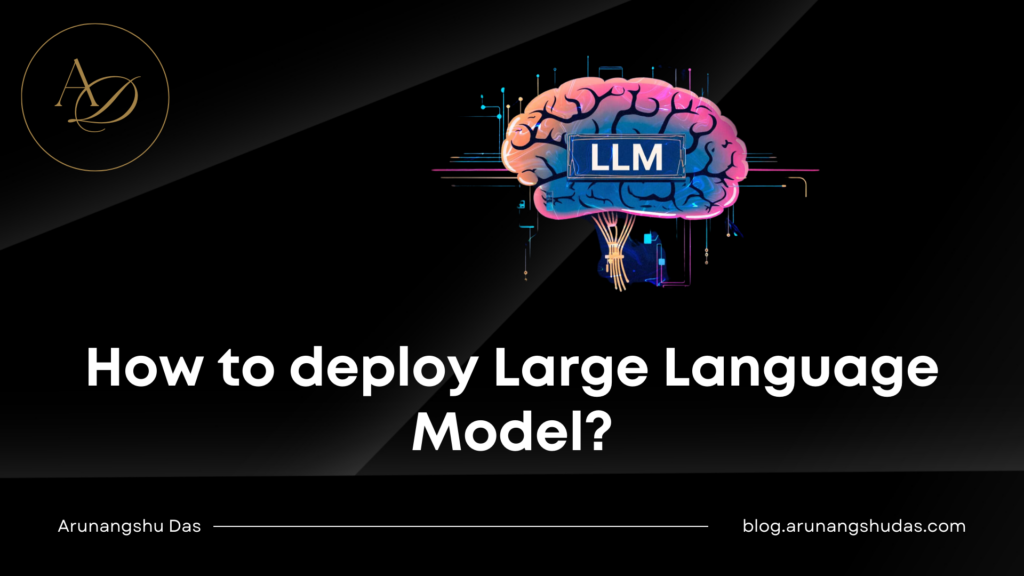When building applications with Node.js, one of the most critical decisions you’ll face is selecting the right database. SQL and NoSQL databases offer different strengths, and understanding their differences will help you make a strategic choice.
Understanding SQL and NoSQL
SQL (Relational Databases)
SQL databases, also called relational databases, organize data into structured tables with predefined schemas. Examples include MySQL, PostgreSQL, and Microsoft SQL Server.
Key Features:
- Structured Schema: Tables with clearly defined relationships.
- Query Language: Uses SQL for data operations.
- ACID Compliance: Ensures reliable transactions (Atomicity, Consistency, Isolation, Durability).
NoSQL (Non-relational Databases)
NoSQL databases store data in formats that can be more flexible, like key-value pairs, documents, or graphs. Examples include MongoDB, Cassandra, and Redis.
Key Features:
- Schema Flexibility: Can handle unstructured, semi-structured, and structured data.
- Variety of Models: Supports document, key-value, columnar, or graph data.
- Horizontal Scalability: Easily distributed across servers.
SQL vs. NoSQL: A Comparison
Here’s a side-by-side look at how SQL and NoSQL differ in important areas:
| Feature | SQL | NoSQL |
|---|---|---|
| Data Structure | Structured tables | Flexible schemas |
| Query Language | SQL (structured query language) | Varies: APIs, queries, or none |
| Scaling | Vertical (adding resources to a single server) | Horizontal (distributed nodes) |
| Performance | Suitable for complex queries and transactions | Optimized for real-time and high-volume operations |
| Use Cases | Financial apps, ERP, CRM | Social media, IoT, analytics |
| Community and Tools | Well-established with mature tools | Growing rapidly with newer tools |
When to Use SQL in Node.js
Use SQL when:
Your Data Relationships are Complex
Applications like e-commerce platforms or financial systems often involve many interconnected tables. For example, a user can place multiple orders, each containing several products—perfect for SQL databases like PostgreSQL.Data Integrity is Critical
Applications that require reliable and consistent transactions (e.g., payment gateways) rely heavily on ACID compliance.Predefined Schema Suits the Use Case
SQL works best when the structure of the data is known ahead of time, such as inventory management systems.
Popular Node.js Libraries for SQL:
- Sequelize: A promise-based ORM for Node.js, providing features for easy interaction with relational databases.
- Knex.js: A SQL query builder with a flexible API supporting different SQL databases.
When to Use NoSQL in Node.js
Use NoSQL when:
Data is Unstructured or Semi-structured
NoSQL databases like MongoDB are ideal for JSON-like documents that can evolve without rigid schemas, such as blog posts or user-generated content.Scaling and Real-time Operations are Priorities
Social networks, chat apps, and IoT applications thrive with NoSQL due to its ability to handle high traffic loads and horizontal scaling.You Need High Flexibility
NoSQL enables you to store and retrieve data without strictly defined schemas, allowing faster iterations for agile development.
Popular Node.js Libraries for NoSQL:
- Mongoose: A popular ODM library for MongoDB, simplifying schema definition and data validation.
- Redis (Node-redis): For in-memory caching and real-time applications like session management.
How to Choose for Node.js
Factors to Consider
Application Needs
- Transactional systems: SQL for its integrity and reliability.
- Content-heavy apps: NoSQL for flexibility and performance.
Scalability
- Write-heavy apps: NoSQL works better.
- Read-heavy apps: SQL with optimized indexes might suffice.
Team Skills If your team is more experienced with SQL or NoSQL databases, this may influence the decision.
Ecosystem & Tools Both paradigms integrate well with Node.js, but ensure your choice aligns with libraries like TypeORM, Prisma, or Mongoose for productivity.
Hybrid Approach: The Best of Both Worlds
Modern development often uses a combination of SQL and NoSQL. For example:
- Use SQL for storing structured user data.
- Use NoSQL like MongoDB for unstructured logs or analytics.
Node.js’s modular architecture allows connecting multiple databases in one project. Libraries like GraphQL can unify your data access layer, making hybrid implementations seamless.
Final Thoughts
Choosing between SQL and NoSQL for your Node.js project boils down to understanding your application’s requirements and long-term goals.
- Go with SQL for structured, transactional data with high reliability.
- Choose NoSQL for fast, flexible solutions when dealing with large-scale, real-time operations.
You may also like:
1) How do you optimize a website’s performance?
2) Change Your Programming Habits Before 2025: My Journey with 10 CHALLENGES
3) Senior-Level JavaScript Promise Interview Question
4) What is Database Indexing, and Why is It Important?
5) Can AI Transform the Trading Landscape?
Read more blogs from Here
Share your experiences in the comments, and let’s discuss how to tackle them!
Follow me on Linkedin

Trust me, I’m a software developer—debugging by day, chilling by night.




